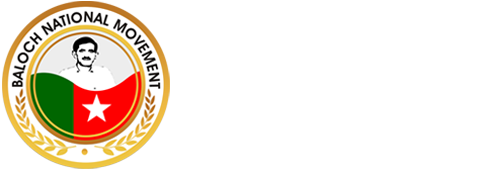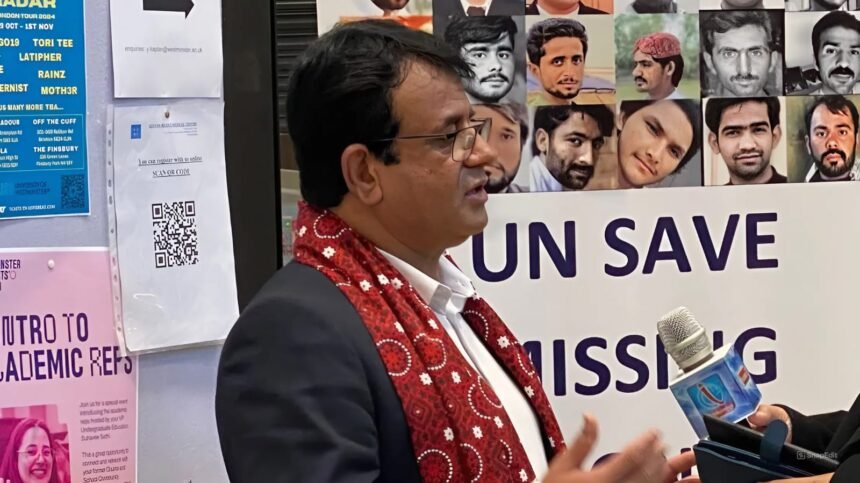Dr. Naseem Baloch stated that the core issue facing the Sindhi nation, like the Baloch, is not one of human rights but of national freedom. For enslaved peoples, human rights have no real meaning; under slavery, the notion of rights is merely an illusion.
These remarks were made by the Chairman of the Baloch National Movement (BNM) while addressing the 36th International Conference on Sindh, organized by the World Sindhi Congress.
He emphasized that while the Sindhi and Baloch regions are in pain today, there is no reason for despair. “Our national path has been proven correct. Today, the world and our people see clearly the brutal oppression of Pakistan. When the state resorts to violence, it reveals that, despite appearances, the subjugated nation has already defeated the state’s military terror. People are rising, raising their voices, and resistance is becoming embedded in the public psyche—this is our victory.”
The BNM Chairman stressed the importance of practical unity, urging action over mere words. He stated, “We understand the value of unity, but true unity comes from action. When our actions align with our shared goal, cooperation and the mutual sharing of struggles will naturally follow.”
Rejecting the idea of a new social contract with Pakistan, he highlighted that some senior politicians are attempting to create the illusion of such an agreement, particularly in Sindh. He cautioned that this is simply a new tactic to sustain the exploitative system, urging people to remain resolute and not be misled. “There can be no real change within any system of slavery until freedom and independence are fully realized.”
Dr. Naseem noted that occupiers often label those seeking freedom as enemies of development, but in truth, no occupier has ever developed a subjugated nation. “If Britain was one of the most advanced societies in science and modernity, why couldn’t it develop India under colonial rule?”
He noted that Europe’s freedom and development were hard-earned, achieved only after enduring a dark era and crossing rivers of blood. “We must be prepared for greater suffering because our enemy is ruthless. The Pakistani army, driven by religious fanaticism, sees our genocide as a religious duty.”
He urged politicians and writers of the subjugated nations to break free from the psychological and cultural influence of the occupier. He pointed out that there was no concept of minorities in Sindh and Balochistan before the creation of Pakistan. “Whether Hindu or of another religion, all were equal citizens in their homeland. Today, under the influence of Pakistani politics, we label them as minorities, and this is a mindset we must reject.”


